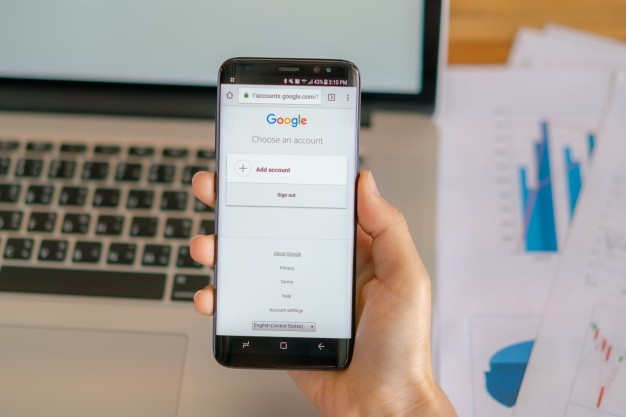A
s a necessity in commercial life, we often find ourselves sharing our trade secrets with individuals or companies with whom we have business relationships. However, with the widespread adoption of entrepreneurship and the startup culture, the need for confidentiality agreements has increased. Startups born with an idea that needs protection cannot grow without sharing that idea or seeking input. However, the risk of the fundamental idea being stolen during these exchanges can lead to the premature demise of startups. Given this vicious cycle and the length of intellectual property protection processes, confidentiality agreements become inevitable for startups in the development stage.
Defining the Scope and Correctly Identifying the “Confidential Information”:
In confidentiality agreements, it is essential to start by outlining a general framework for the project in question and making an accurate definition of what kind of information will be considered “confidential.” While any type of commercial, technical, financial, and legal information can be considered confidential, in startups, all forms of intellectual and industrial innovations, know-how, and information related to software should also be included in this definition.
The scope of confidential information is quite broad, but there are exceptions. Information that is publicly known at the time of sharing or before, information publicly attributed to the original owner of the information after the contract date, or information that must be disclosed in accordance with laws and regulations or court orders is not considered confidential. It should be noted here that, for startups, information that is registered with intellectual and industrial protection methods at the end of the project ceases to be considered confidential from the date of application. However, it is important to emphasize that only the information limited to the scope of the application, not the complementary commercial information such as the software, business model, and other information related to the applied idea, continues to remain within the scope of confidentiality.
Determining the method of sharing the defined confidential information, whether verbally, in writing, or visually, and setting the correct boundaries for protecting confidential information in these situations is important. In practice, when it comes to information shared verbally, there is often an evidence problem related to its confidentiality and protection. Therefore, parties tend to focus more on the protection commitment for written or electronically obtained information.
What If Your Computer Gets Hacked?
The party sharing confidential information also has an obligation to take all necessary security measures for the preservation of that information, in addition to not disclosing it. Sharing with stakeholders or employees who are essential for the execution of the work is considered an exception to the non-disclosure obligation. The scope of the protection obligation is quite extensive. For example, if the party whose computer gets hacked, leading to the disclosure of confidential information, cannot prove that they were not at fault, which is often difficult, they may face significant penalties.
Confidentiality agreements can be drafted for a specific period or can be open-ended. However, if it is concluded for a limited period, it is crucial to correctly define the rules for the protection of confidential information and the obligations of the parties after the expiration of the period or in case of termination of the contract.




